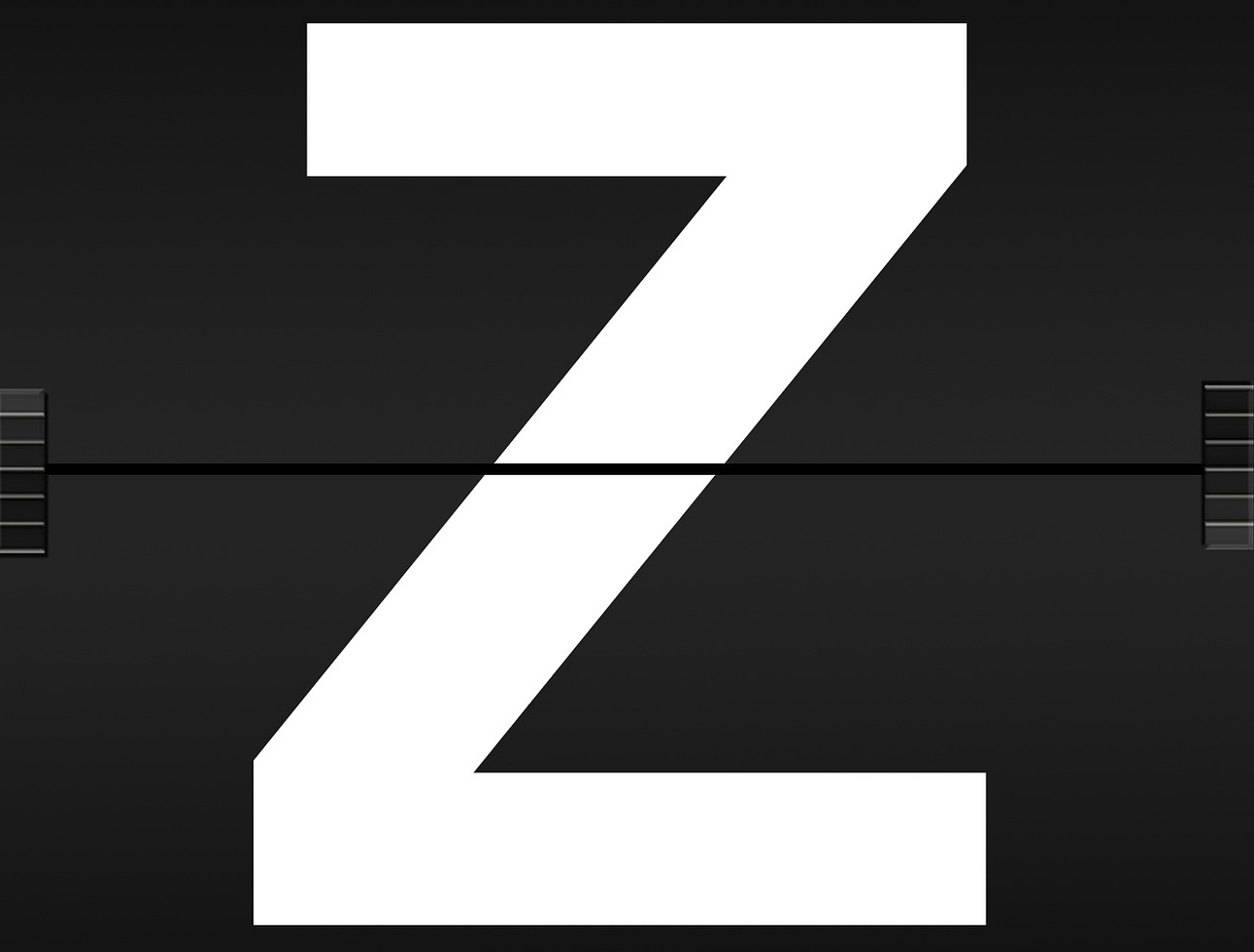
Why We Need to Stop Talking at Generation Z and Starting Listening
In about the year 1450, clergyman John Mirk coined the phrase that ‘children should be seen and not heard’. It’s a stretch to call the GenZers coming into the workforce ‘children’ but there’s still an echo in the modern workplace.
Look at most corporate websites and you will find plenty of images of those in their late teens and early twenties apparently having the time of their lives. Laughing with a colleague over a cellphone message, smiling encouragingly at a break-out meeting with Post-It notes, having a serious one-to-one over a coffee with a colleague of similar age but notably different ethnic background.
‘We see Generation Z,’ the message goes, ‘they’re visibly here, in the building, we’ve ticked that box, okay?’
What’s Missing?
The pressure is on to get them integrated, up to speed, part of the teams. And there’s a growing understanding that achieving this needs a different approach to what worked with the Millennials. Gen Z learn differently. So smart organisations are, for example, ensuring there’s more flexible learning, done online at the employee’s pace, while there’s more one-to-one manager time.
We – anyone older than Gen Z – may not like it, but in their view it’s us who have messed up the world and it’s them who will fix it. Critically, they do not see this focused solely on their generation (stand up Boomers). Ellenor McIntosh, who was co-founder at 21 of Twipes, set up the company which makes fully biodegradable wet wipes because she saw the problem and decided to do something about it.
The Forbes ’30 Under 30’ scientist and businesswoman makes the point: ‘Gen Zs really plan for the future – their future and that of future generations.’
They see a problem, they want to fix it so it stays fixed now and for others still to come. They don’t want to grumble about it, or form a team so everyone can have their say, or expect someone else to sort it. They will. That is the sort of rocket fuel any organisation should welcome, channel and use, but it means allowing freedom of manoeuvre that doesn’t always come easy to large corporations.
The 75 Percent
When 75 per cent of Gen Z say they themselves are responsible for advancing their own career, you know you’re onto a winner by employing them rather than letting them go off and work for themselves or the competition. But it needs the ability to listen before talking, and to give freedom where control is the norm. When it works you can put an 18-year-old musical renegade and the vast, established Deutsche Telekom together and get something unique.
Their two-minute advert has the trademark slightly rough and real edge that Gen Z prefer over the polished Millennial gloss, and the whole thing is a clever takedown of what ‘adults’ say to ‘kids’.

Who knows Generation Z better than themselves? That’s the thinking behind generational consultancy JUV, which is composed purely of Gen Z management and employees. By Gen Z, for Gen Z.
Using young people to tell your senior management about young people may sound too much like reverse mentoring for some. However, consultancies like JUV are wired right into Gen Z and so they know what they’re thinking, hearing, feeling, right now. Not what some data says which is based on information which is at least six months out of date.
Summary
This doesn’t need managers to bring in fast-talking teens to give them a hard time because they don’t know what a ‘Finsta’ is. This is about listening to what your own Gen Z employees think, expect, and want, for themselves and for other Gen Zers and for those that follow them.
Set up time where you can have dialogue rather than monologue and the benefits will flow both ways.
Get them in early, not to finesse a direction or policy, but to have a say from the get-go. Let them be seen and heard.
About the Author
Graham Scott is Head of Content at GenZ Insight and co-author of GenZ Insight: How To Make Your Organisation A GenZ Magnet.
